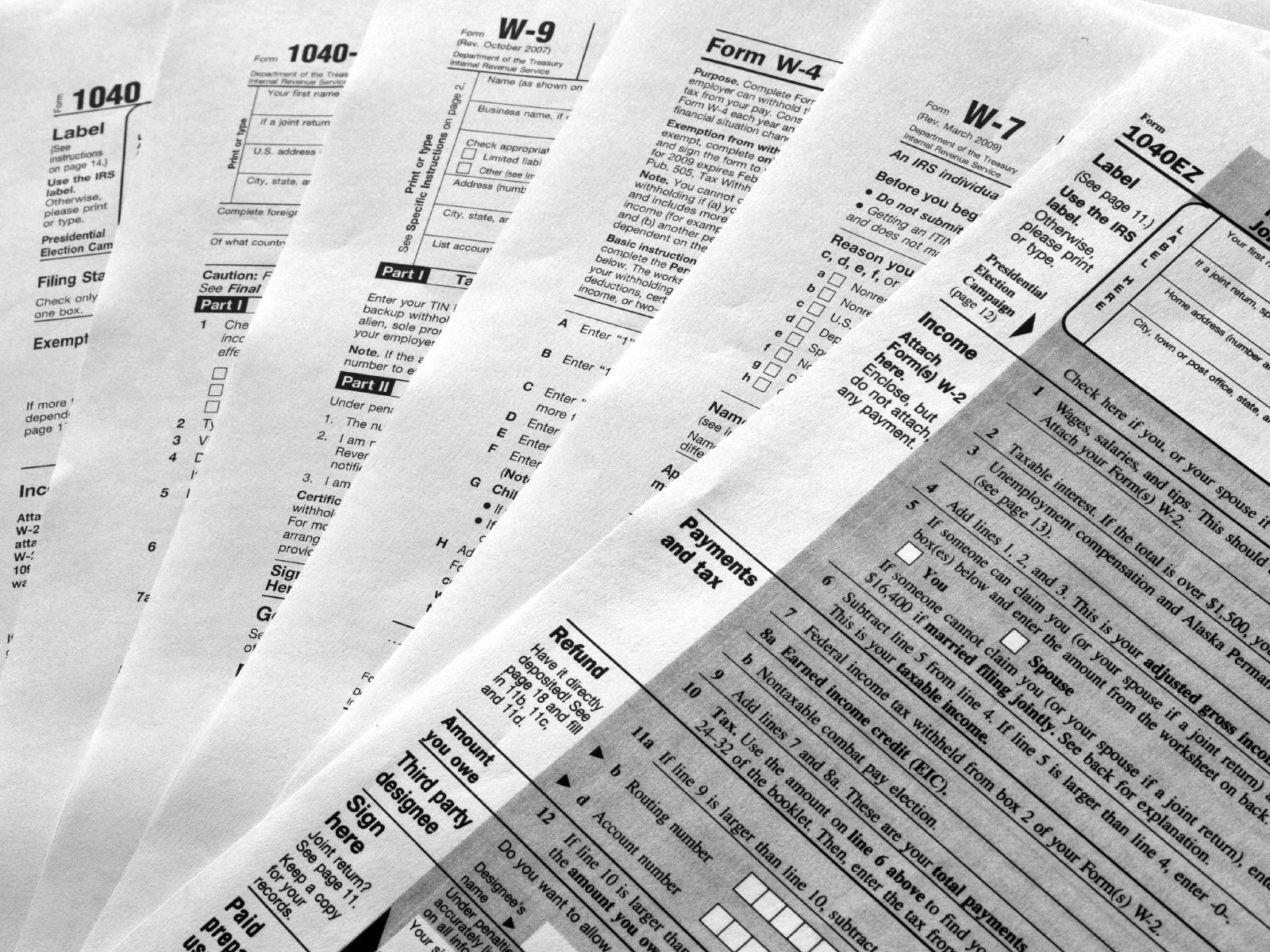February 27, 2024
Welcome to a stress-free tax season! As the calendar flips, it's that time of the year again – tax time. While the thought of navigating through piles of paperwork may seem daunting, fear not! We've crafted the ultimate guide to make preparing your tax documents a breeze. Whether you're a seasoned pro or tackling your taxes for the first time, our step-by-step guide is here to walk you through the process with ease. So, grab your favorite beverage, settle into your comfy chair, and let's embark on a journey to prepare your tax documents. Step 1: Understand Your Tax Situation Before diving into document preparation, take a moment to understand your unique tax situation. Consider factors such as changes in income, new deductions, or any significant life events that might affect your tax liability. Step 2: Create an Organization System Establish an efficient organization system for your documents. Whether you prefer physical folders or digital tools, categorize your documents into sections such as income, deductions, investments, and personal information. Label each section clearly. Step 3: Gather Personal Information Collect personal information for yourself, your spouse, and any dependents. This includes Social Security numbers, birthdates, and addresses. Verify that all details are accurate and up-to-date. Step 4: Collect Income Documents Gather all income-related documents, including: W-2s from your employer(s) 1099 forms for additional income sources (freelance work, side gigs, etc.) Any other income documentation (e.g., alimony, rental income) Step 5: Organize Deduction and Credit Documents Compile documents related to potential deductions and credits: Mortgage interest statements Receipts for charitable contributions Education expense records Proof of medical expenses Any other relevant deduction receipts or statements Step 6: Document Investments Thoroughly For individuals with investments, gather: Brokerage statements Records of stock sales and purchases Statements for retirement accounts (401(k), IRA, etc.) Step 7: Self-Employed Individuals - Additional Steps If you're self-employed, ensure you have: Business income statements Receipts for business expenses Records of estimated tax payments Step 8: Check for Health Insurance Documentation Collect health insurance forms: 1095-A, 1095-B, or 1095-C, depending on your coverage Ensure you meet any health coverage requirements or be aware of applicable exemptions Step 9: Review and Confirm Take time to review all collected documents. Double-check for accuracy and completeness. Ensure you haven't missed any important forms or receipts. Step 10: Seek Professional Advice if Needed If you have complex financial situations or uncertainties, consider seeking advice from a tax professional for expert guidance in your tax return journey. With over 10 years of tax experience, our team, led by Krystal Le, CPA, ensures personalized solutions tailored to your unique needs. We are confident in delivering satisfaction through accurate and efficient filing. Choose us for a stress-free tax season and let our experience work for you. Your financial success is our commitment! By following these step-by-step guidelines, individuals can approach tax preparation with confidence and ensure a smoother filing process.













